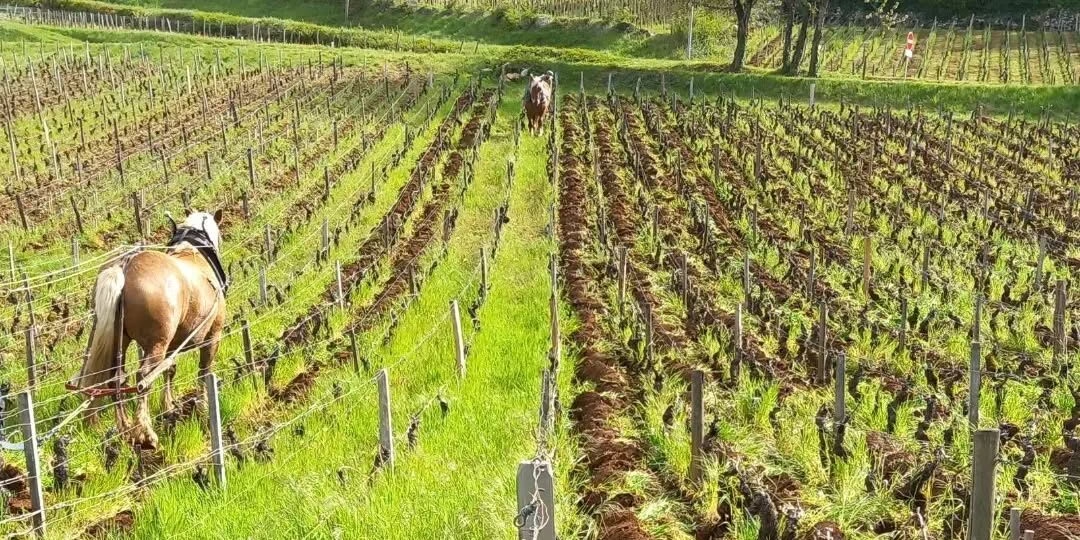Everything You Need to Know Before Your First Sip
Let’s be honest. Falling in love with Burgundy wine is not so different from falling for someone who’s effortlessly elegant, slightly mysterious and occasionally a bit high maintenance. It’s not always easy to understand, but when it’s good, it’s unforgettable.
If you’re ready to start your journey into the world of Burgundy, whether you’re here for the history, the flavours, or just to level up your wine chat, this is your no-snobbery starter pack. No jargon. No gatekeeping. Just proper wine talk from someone who’s been there.
Why Burgundy and Why Now?
Because no other wine region on earth makes something so captivating from such a focused idea. Most red wines here are made with Pinot Noir. Most whites come from Chardonnay. But that’s only the beginning. You’ll also find crisp, citrusy Aligoté, vibrant Gamay in the south and a few lesser-known surprises hiding in the folds of the region. The rest is centuries of quiet obsession with the land, with each vineyard treated like a sacred piece of a much larger puzzle.
Burgundy is not just a place on a map. It’s a way of thinking about wine. It’s a detail. Its depth. It’s drinking something that tastes of exactly where it came from.
What Makes Burgundy Special?
People love to throw the word terroir around when talking about Burgundy, but don’t let it scare you off. All it means is that the wine reflects the place it comes from. Same grape, same region, but a vineyard 100 metres up the road can taste completely different.
What really sets Burgundy apart is that it doesn’t try to impress you. It draws you in quietly. The wines are elegant, restrained and full of personality once you give them a chance to open up.
What You Actually Need to Know to Get Started
This is the real beginner’s guide, stripped back to the essentials.
- Burgundy is the region. It’s not a grape or a flavour or a colour.
- Pinot Noir is used for red Burgundy. It’s light, often earthy and a bit of an emotional rollercoaster.
- Chardonnay is used for white Burgundy. It can be lean and citrusy or rich and nutty, depending on where it’s grown.
- You’ll also find Aligoté (a refreshing white) and Gamay (mainly in Beaujolais, but still part of the story).
- You don’t need to spend hundreds to get something interesting.
- Start with wines labelled Bourgogne. These are the entry-level bottles, and they’re often brilliant value.
- If you see the name of a village on the label, that’s your sign that the wine is from a more specific place with more character.
Beginner Bottles That Are Worth Your Time
If you’re not sure what to buy, here are a few easy wins:
For a classic Burgundy red: A Bourgogne Pinot Noir. It’s your perfect weeknight red, often full of red fruit and subtle spice.
For a traditional Burgundy white: A Bourgogne Chardonnay. Clean, bright and friendly with seafood, roast chicken or absolutely nothing at all.
Fancy something fruity: try a red Côteaux Bourgogne or Aligoté for white.
How to Drink It Like You Know What You’re Doing
You don’t need to swirl and sniff like you’re on television. But there are a few small things that make a big difference:
- Let the wine breathe. A few minutes in the glass helps everything settle and open up.
- Serve it at the right temperature. Red Burgundy should be slightly cool, not room temperature. White Burgundy should be chilled, but not ice cold.
- Use a proper glass if you can. Think gin bowl rather than a champagne flute. A wider bowl helps you catch more of the delicate aromas.
- Take your time. Burgundy changes as you drink it. That’s part of the magic.
Your Burgundy Mindset
Burgundy isn’t about chasing the most expensive bottle or memorising vineyard names. It’s about the experience. Every wine tells a story, and each one is an invitation to explore more.
It might feel confusing at first, but once you find a bottle that speaks to you, you’re hooked.
Where to Go from Here
Ready to take your first step? Here’s how to make it easy:
Shop our curated Burgundy wine collection. We’ve done the tasting, the research and the label decoding so you don’t have to.
Start with a Bourgogne. Our selections include a mix of red and white Burgundy that shows off different styles.
Join the Burgundy Wine Club. IT’S FREE! Get notified of our hand-picked bottles, find out about the winemakers who made it, all with tasting notes, food pairing ideas and behind-the-scenes stories from the region.
Whether you’re here to explore, learn or just enjoy a brilliant glass of wine, Burgundy is ready to welcome you in.
And trust us, once you start, you’ll never look at wine the same way again.

